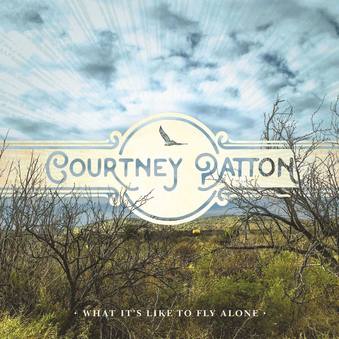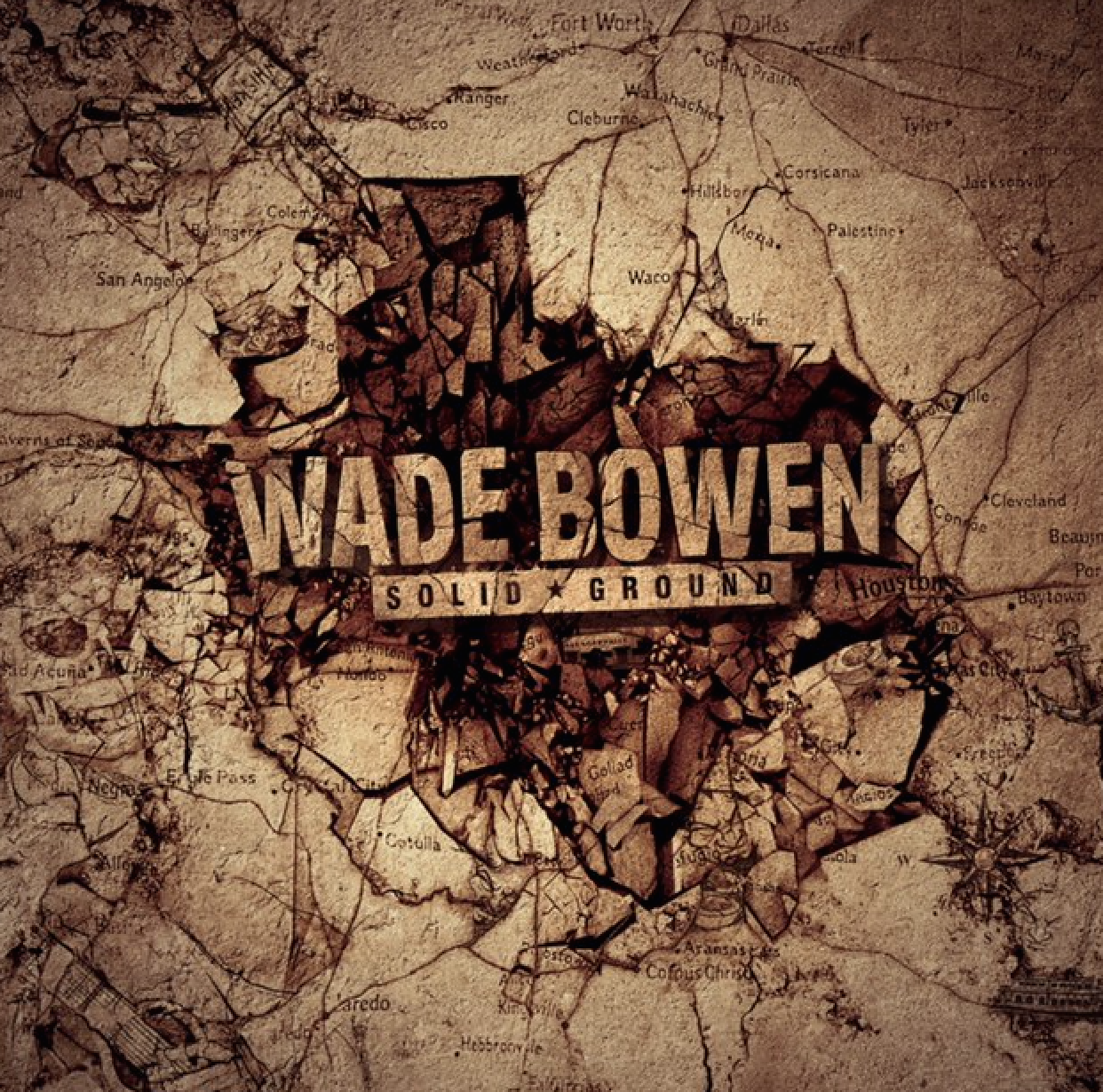So, continuing with the 2018 resolution to take in more live music, I returned to The Blue Door Sunday (2/18), to see Courtney Patton and help celebrate the release of her excellent new record, What it’s Like to Fly Alone. Now, I’ve talked about this venue a lot–and yes, the next concert I have in mind will likely be somewhere else–but I cannot emphasize enough the uniqueness of it, the BYOB policy that has people cracking beers from their ice chests in the middle of songs, the way Courtney can ask us if anyone brought any whiskey for her throat and have someone walk up onstage to hand it to her, etc.
Of course, just like John Baumann earlier this year and Jason Eady last year, Courtney Patton is an artist who thrives in this kind of setting. Jamie Lin Wilson once said to me, in relation to women filling smaller venues than men in general, that “Courtney Patton’s thoughtful, beautiful songs that make people cry” wouldn’t make someone put down a pitcher of beer and go listen. She meant that an artist like Courtney Patton shines in a small listening room like this, where people come to listen to a show–and yes, drink some beer from their ice chest–rather than to drink and hear some music in the background.
I’ve learned something unique from each live performance this year, and I’ve tried to keep these posts focused on that, making them lighter and shorter than actual reviews. After all, this 2018 exercise is more about the merits of live music in general than any one particular artist. With Patton, there were two things that stood out, one being how much you can come to appreciate songs live after hearing the stories behind them. The title track from the new record is a great example of this. Courtney told the story of how, one night after a bad show in Austin that had her calling Jason Eady, her husband, crying and threatening to quit music altogether, a hawk flew from out of nowhere and nearly hit her car. She decided it was God telling her to calm down, go home, and rethink everything. She wrote a metaphorical song about her and that hawk. That song means so much more to me now, even as someone who enjoyed it on the album. But hearing her tell the story and explain the inspiration just added a whole new level of depth to the verses about the hawk. She also talked about “Open flame,” how the opening line was inspired by her daughter after they were dancing near a burning candle on the coffee table; Courtney suggested, “Let’s not dance around an open flame,” and her daughter told her that sounded like a country song. It became an “almost-cheatin’ song,” as she says, on her new record.
The other thing about Courtney Patton was the way she handled messing up the lyrics to a song; indeed, people were talking right on the front row, which at The Blue door is pretty much within spitting distance of the artist, and she noted to us that this distracted her, but after calmly saying the opening lines to “Walk Away” incorrectly three times, she just moved on, flipped us all off good-naturedly, and skipped that song completely. I respect that a lot. It’s not about the mistakes you make; rather, it’s how you deal with them and move on, and Courtney Patton handled that situation admirably.
In short, this was another great show. As I say, I’m not really in the business of reviewing live stuff per se, but Courtney Patton is certainly another artist I’d recommend seeing live. It’s been a good journey so far in 2018, and I can’t wait to share more live music experiences with you all.
Best Live Songs: “What it’s Like to Fly Alone (Hawk Song),” “Round Mountain,” “Fourteen Years,” “Red Bandanna Blue,” and her cover of Gene watson’s “Fourteen Carat Mind”
P.S. Courtney, if you read this, I think I speak for everyone at The Blue Door when I say that you owe us a cover of “Night Moves.”



